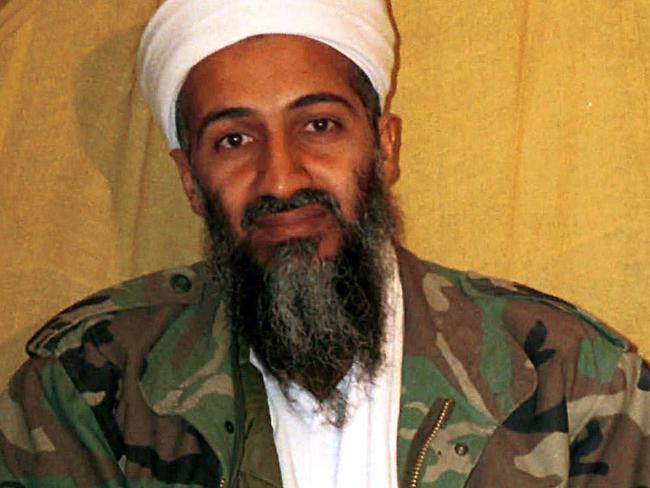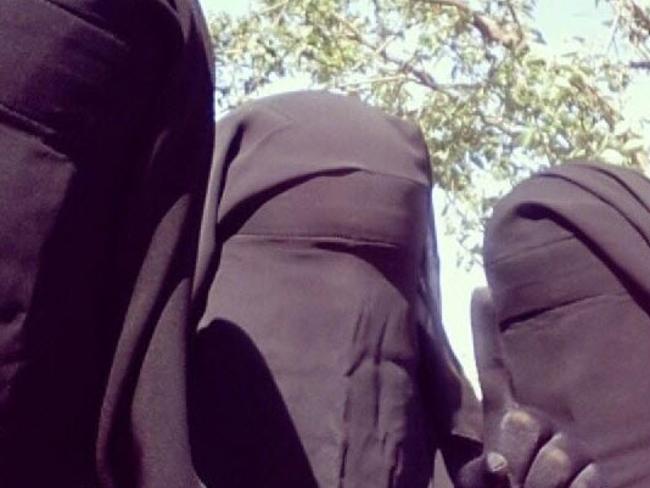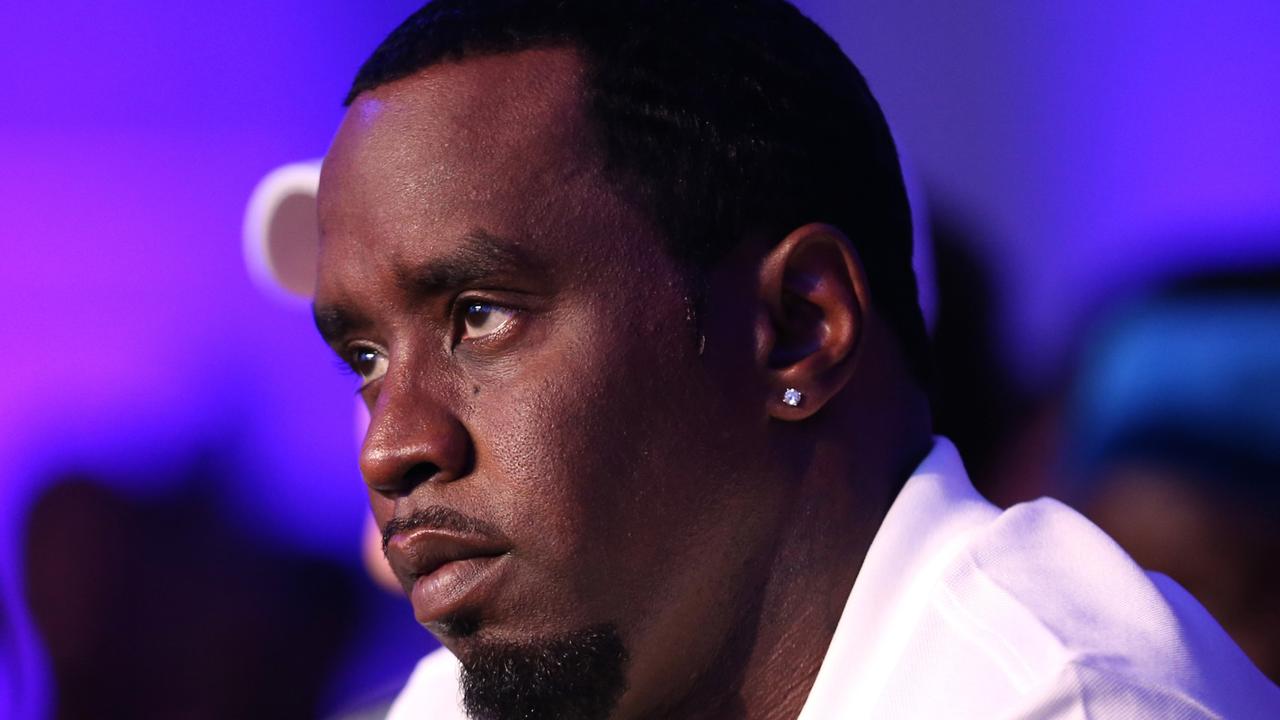Islamic State’s Got Talent: Pop stars of the Caliphate
BEHIND the slick propaganda and beheading videos, the Islamic State has a bizarre pop culture with its very own celebrities.

Music
Don't miss out on the headlines from Music. Followed categories will be added to My News.
WE think we have a pretty clear understanding of the Islamic State through its slick propaganda, shock beheading videos and extremist teachings.
But its unique pop culture provides an interesting insight of what the militant group is all about.
TV talent shows, celebrities and catchy verse from the jihadist world offers a new way of looking at what’s really going on in the heads of its followers, particularly its teenage converts.
A radical lifestyle has always been attractive to rebellious young people, and IS offers it in spades. Its message is shared not only through relentless preaching and religious instruction, but through a rich cultural life visible if you look hard enough at its followers’ Twitter feeds, Tumblr blogs and YouTube accounts.
IS members are huge music fans. Their amateur videos mimic one of the most successful television programs in the Middle East, Shaer al-Million (“Millionaire Poet”), a homegrown version of talent shows like Australia’s Got Talent.
Jihadi tunes are far more bloodthirsty than those seen on the popular show, focused on familiar Islamist themes of destroying other religions, creating a caliphate and hating the West.
However, the heroism, romance and cheesy choruses would not be out of place on a Muslim American Idol, and the competition format is used to attract the fans on many websites and forums.
One IS pop star identified by the New Yorker is Ahlam al-Nasr, aka “Poetess of the Islamic State”, whose book of verse, “The Blaze of Truth” has been sung by a-cappella groups across the video sharing site.
Al-Nasr, from Damascus, is one half of a Hollywood-style couple with Abu Usama al-Gharib, a Vienna-born jihadi close to the movement’s leadership known for posing beside naked corpses. They were married last October.
One line, quoted in a Princeton University article, reads: “Islam has become a fortress again; Lofty, firm and great / The banner of God’s Oneness is raised anew; it does not bend or deviate.”

Another song, addressed to her “sisters”, describes her celebrity tour of the Syrian city of Raqqa after her arrival last year.
“It is impossible to understand jihadism — its objectives, its appeal for new recruits, and its durability — without examining its culture,” write Robyn Creswell and Bernard Haykel in the New Yorker. “This culture finds expression in a number of forms, including anthems and documentary videos, but poetry is its heart. And, unlike the videos of beheadings and burnings, which are made primarily for foreign consumption, poetry provides a window onto the movement talking to itself. It is in verse that militants most clearly articulate the fantasy life of jihad.”
This fantasy harks back to a golden age for Islam, one never really existed. For young, would-be jihadists, it offers an enticing, idealistic view of what a “true” Muslim life could be like, away from their families. Pop culture has a genius for manufacturing nostalgia.
In her Raqqa diary, al-Nasr describes Raqqa as a place of everyday miracles.
There is a tradition for pre-Islamic troubadours celebrating victories and eulogising the fallen, but the Koran frowns upon this sort of frivolity, much as Western culture used to disapprove of novels.
But they became a useful tool for spreading a message, according to the New Yorker. For IS followers, being part of a renegade, alternative band suits their identity as truth-speaking outsiders.

Both a popular jihadi media outlet and song are named al-ghuraba (“the strangers”). The idea is reminiscent of teenage tribes like goths, punks and ravers.
Osama bin Laden was one of the most popular jihadist celebs. He too was a lyricist, naming his first camp “The Lion’s Lair”, after a popular poem, and writing in his letters of his interest in rhyme and syntax.
One of his most popular poems is written in his voice and that of his son, to represent innocent questioning of the militant lifestyle. In it, he explains the necessity for hardship and danger to achieve their dreams.
In another composition quoted by the LA Times, he writes: “A youth, who plunges into the smoke of war, smiling / He hunches forth, staining the blades of lances red / May God not let my eye stray from the most eminent humans, should they fall.”
He inspired outpouring of adoration from fans including terror suspect Samantha Lewthwaite, aka “the White Widow”, who wrote an ode to him in 2013 that called him “father” and “brother”, adding: “My love for you is like no other”.
The weaving of old and modern stories seems to be working. IS is attracting Westerners and young women like no other extremist group that has gone before.
Now it’s up to the rest of us to pay attention to what’s being said beneath the bluster designed for secular eyes.
Originally published as Islamic State’s Got Talent: Pop stars of the Caliphate



